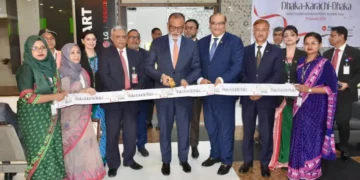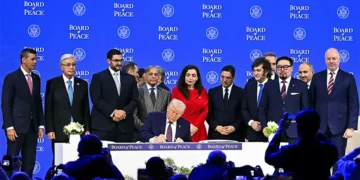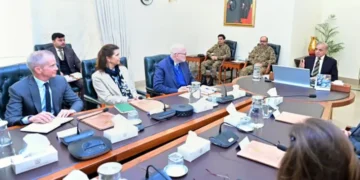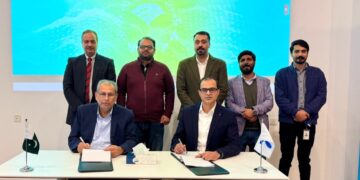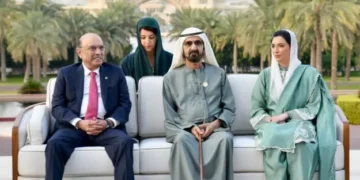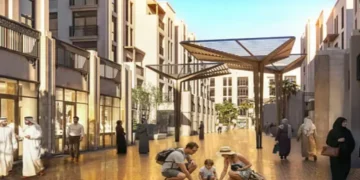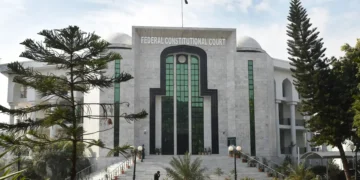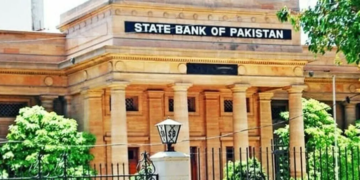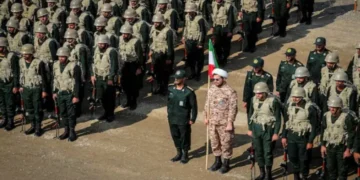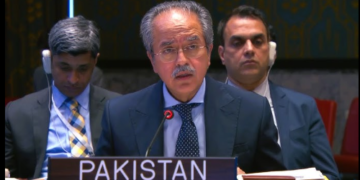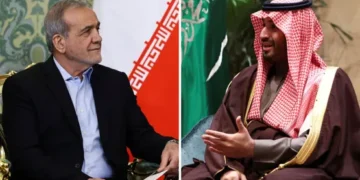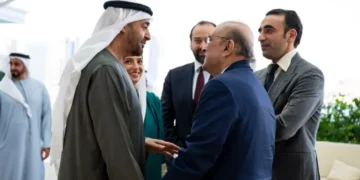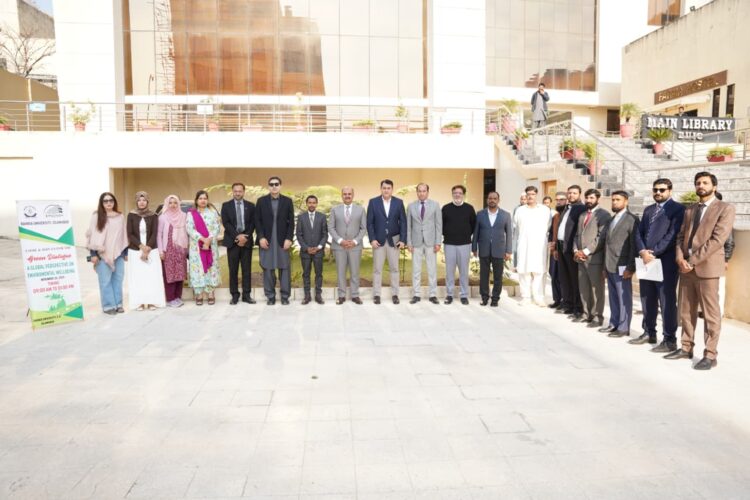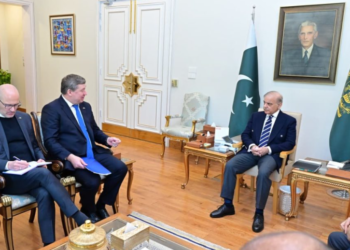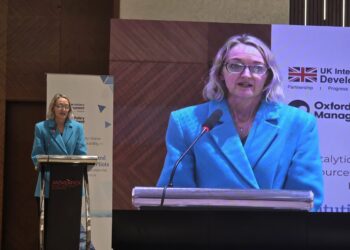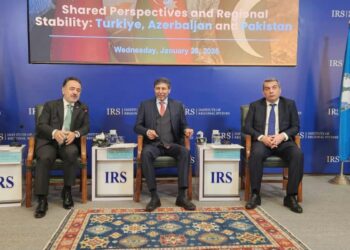ISLAMABAD (MNN); Diplomats, climate researchers and policymakers convened in Islamabad on Wednesday to enhance environmental collaboration between Ethiopia and Pakistan, with a spotlight on Ethiopia’s large-scale plantation programme.
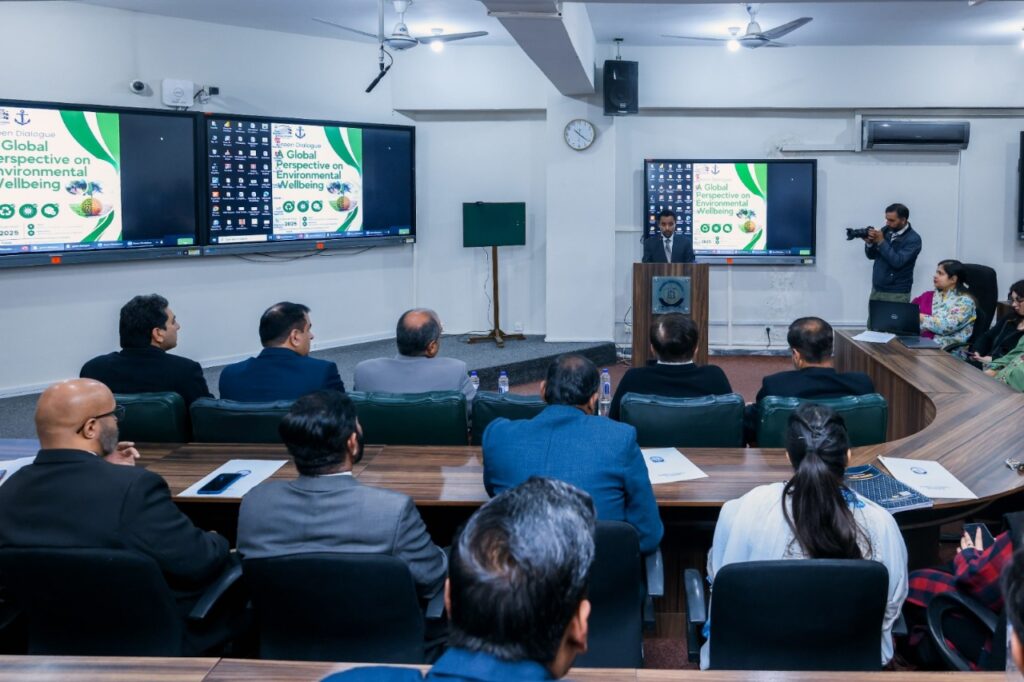
The event, titled Green Dialogue, was jointly organized by the Ethiopian Embassy in Islamabad and Bahria University, aiming to discuss shared strategies for ecological protection.
The dialogue centred on the Ethiopian Prime Minister Dr Abiy Ahmed’s Green Legacy Initiative, which has led to widespread afforestation across the country.
Addressing the conference, Chargé d’Affaires (ad Interim) Chalachew Eshetie shared that Ethiopia has planted over 48 billion saplings, including fruit-bearing varieties and coffee plants.
He said the project has played a key role in tackling soil erosion, restoring biodiversity and strengthening food security.
The envoy encouraged Pakistan to initiate similar long-term environment-friendly policies to build climate resilience. He also acknowledged Prof Dr Adam Saud, Dr Muhammad Fahim Khan and Dr Tehseen Zahra for their role in coordinating the conference.
During the session, Bahria University’s Director General Rear Admiral Naeem Sarwar noted that unchecked development and rapid technological growth continue to harm natural ecosystems. However, he added that modern solutions could support environmental recovery if managed wisely.
A presentation by Mr MaDing Ping, Secretary General of the Chongqing Renewable Energy Society in China, introduced a Green Entrepreneurship Starter Kit for young innovators.
He cited examples from China where drone-assisted agriculture and solar-powered projects have strengthened local economies, and recommended similar models for Pakistan and the region.
University of Narowal Vice Chancellor Tariq Mehmood warned that Pakistan remains highly vulnerable to climate shocks including heatwaves, floods and ecological decline.
He called for a shift from crisis-driven response to preventive policymaking with more investment in climate financing and equality-focused governance.
Experts from SDPI and Bahria University also presented recommendations on sustainability, adaptation strategies and cooperation frameworks.
The conference ended with a mutual understanding that climate protection demands regional partnership, with governments, educational institutions and communities working together to secure environmental stability.


